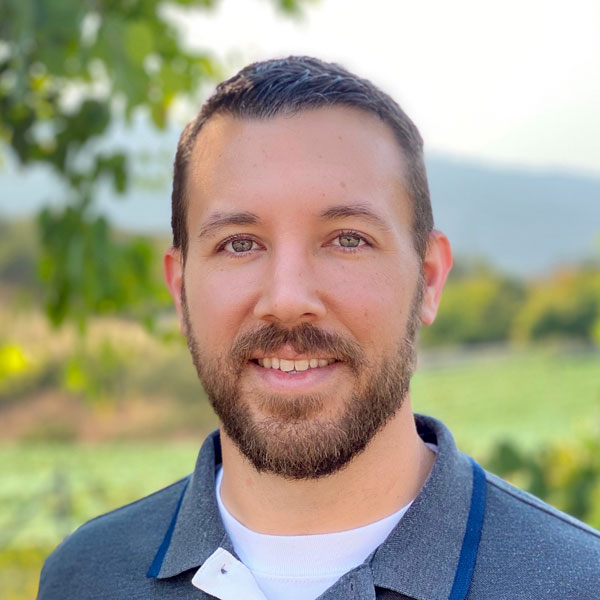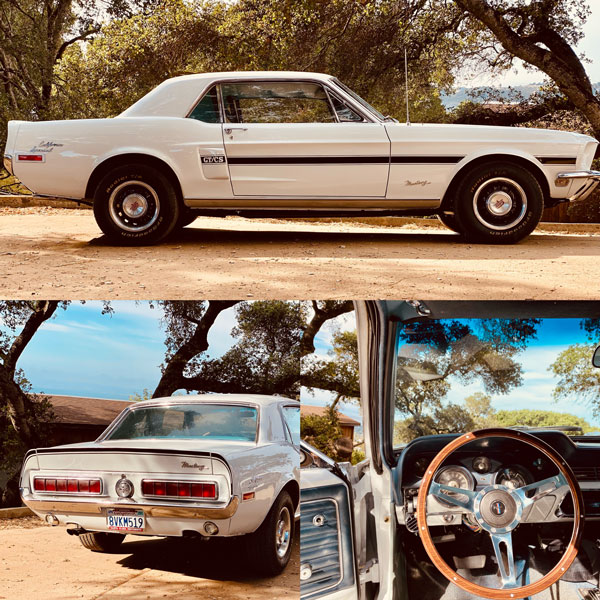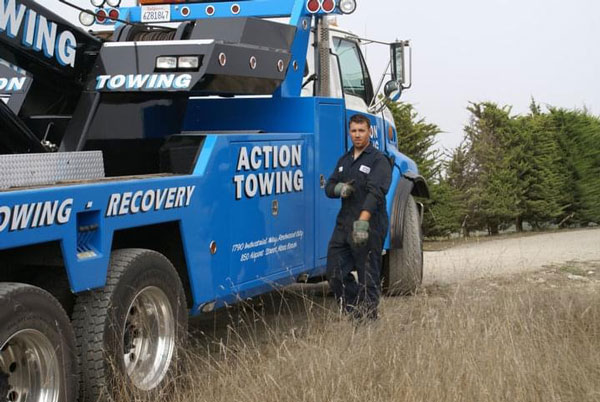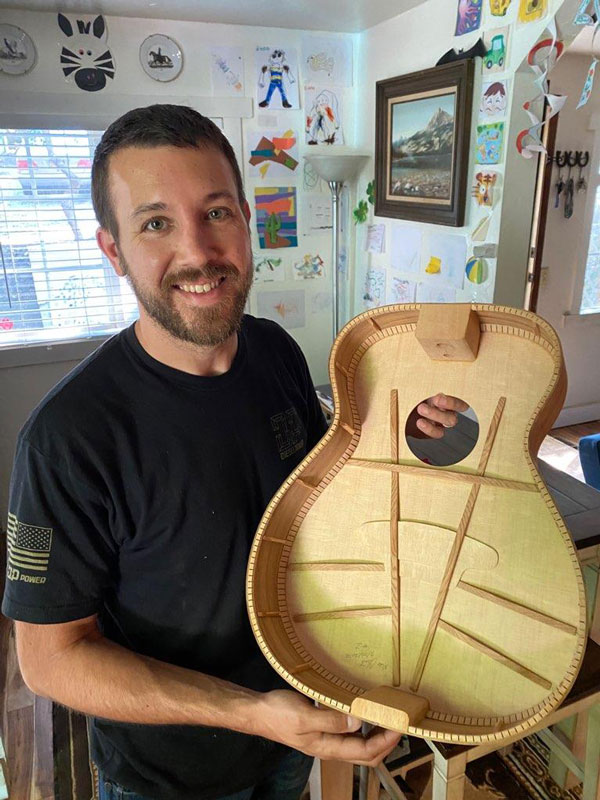
The first thing that drew Michael Oberti to Sandia was the mission.
“Transitioning from a startup, where you’re just helping [retailers] take a piece of the pie to make money, to working on national security — it sounds cliché, but I feel like I’m doing something that actually matters.”
Along with his desire to contribute to a greater cause, impacting others in a beneficial way has always been one of Mike’s driving motivators.
“The reason I joined Abilities Champions of Sandia was to help other people,” Michael said. “I haven’t been super involved yet, but I have had some good conversations. That’s one of the reasons why I want to go into management; I want to help grow folks. I always look at how can we get better at what we’re doing, even if what we’re doing is fine. If I can come up with a creative way to help others solve a problem, that motivates me.”
In 2019, Mike was selected as the New Hire Champion acting manager, completing his term last year.

“I can’t tell you how grateful I am to have [had] the opportunity to do that. We made some really positive improvements to the onboarding process, which we started [in 2020]. It was challenging to create face-to-face connections when everything was remote. It’s hard to network remotely and create networks for folks without having the ability to walk into people’s offices and say hi.”
Invisible struggles
Mike’s path was not always clear to him, especially in his early adult years.
“My parents divorced when I was eight years old. For various reasons, I don’t have a lot of positive memories from when I was a child. My parents used my sister and me to get back at each other, which was never fun. I was naturally creative, but I struggled in school.”
“I have learning disabilities. I can remember in kindergarten and first grade, my mom wanted to hold me back because I was having problems even back then. I struggled a lot. It wasn’t until my sophomore year of high school that I learned that I had learning disabilities. I excelled in the sciences, taking classes like AP Physics, but did poorly in History and English classes.”
Struggling to find his path forward, Mike spent time in community college before it all became too much.
“I eventually dropped out. After that, I went through a rough period for a few years before I turned it around and reset my trajectory in my early 20s when I got a job driving a tow truck. I became enamored with the idea of towing big rigs. So, I set a goal to become the youngest heavy-duty tow truck operator. A goal I wanted to achieve, rather than what people expected me to do.”

After a few years operating the tow trucks, he decided to go back to school to become an engineer. While continuing to drive the tow truck on the weekends, he recommitted to community college and eventually transferred to Santa Clara University and started its 5-year graduate program. To his surprise, he excelled academically.
“It was different because I was doing something that lent itself to my strengths by going to the engineering world. There was a lot of drive and motivation; it was the first time ever I was getting A’s and B’s in my classes, being on the dean’s list and honor roll. I was doing that despite my disability.”
Up until this point, Mike had avoided taking advantage of any services to help with his learning disability, preferring to avoid talking about it. But when he transferred to Santa Clara, he was concerned and applied for assistance with the disability resource center.
“I think it would have been difficult without it. I graduated with honors and moved on. I’m proud of having my blue-collar roots and not taking the traditional college path. It provides a lot of perspective that I think you wouldn’t normally get,” Mike said.
“I don’t think I’m fully comfortable talking about it now, but I think you get more comfortable by talking about it. It’s hard because they call these invisible disabilities, and people wouldn’t know unless they pick up on my weird mannerisms. Most people don’t get it, but it’s not something that goes away. Things that come naturally to most people, don’t come naturally to me. I’m not upset about it; these are just the cards I was dealt.”
Mike now hopes to use his success and voice to spread awareness of these types of disabilities.
“If I was able to do it, I believe others with similar disabilities can do it as well.”
Never stop learning
Along with his passion for helping others grow in their careers, Mike also spends time focusing on self-improvement.
“I don’t miss my commute [to Sandia], but I owe a lot of my success to it. The time in the car provided me the opportunity to listen to audiobooks on leadership, psychology and self-improvement. I am a lifelong learner; I want to always be inquisitive, understand and constantly make myself uncomfortable intentionally. It’s important to understand yourself before you can really start understanding other people.”

Many of these lessons have impacted the way he does his job and the way he interacts with other employees at Sandia.
“I try to be conscious of my communication style and how other people perceive it. It’s not that I’m good at it, but I try to be mindful of it. Being okay with making mistakes, being humble; it’s okay to show vulnerability. I think it’s how you connect with other people. I tried to do that in my acting role and do things that I normally wouldn’t do.”
Another way that he stays inspired is through his document of motivational quotes, which he uses as his Skype status.
“A couple of them are: ‘Problems rarely exist at the level at which they are expressed.’ ‘The key to winning is poise under stress.’ This is something I constantly work on: how can I remain calm and focused given my physiological responses to stress and anxiety?”
Hobbies during COVID-19
“One of the things I try to do, as I grow older, is downselect my hobbies. I have way too many interests and spread myself too thin. Honestly, I like to spend time with my family. As far as hobbies go, I love working on cars. Obviously, time and money have a lot to do with whether I can execute on that.”
During the pandemic, Mike picked up a brand-new hobby that he’s been putting a lot of time into.
“My current hobby is building acoustic guitars. I recently got a little CNC router, so hopefully, I can work with my kids. My older son is starting to tinker with it and I’m excited to help him work through something in Fusion 360.”